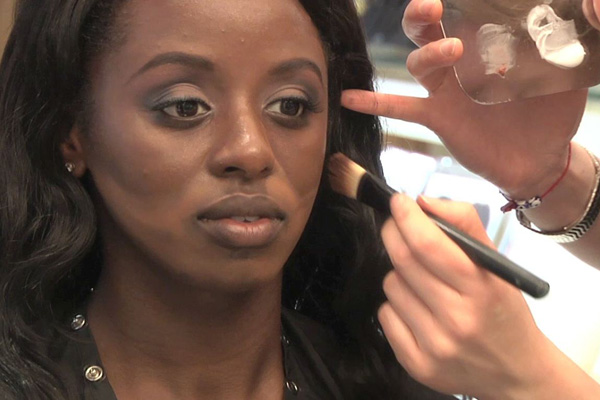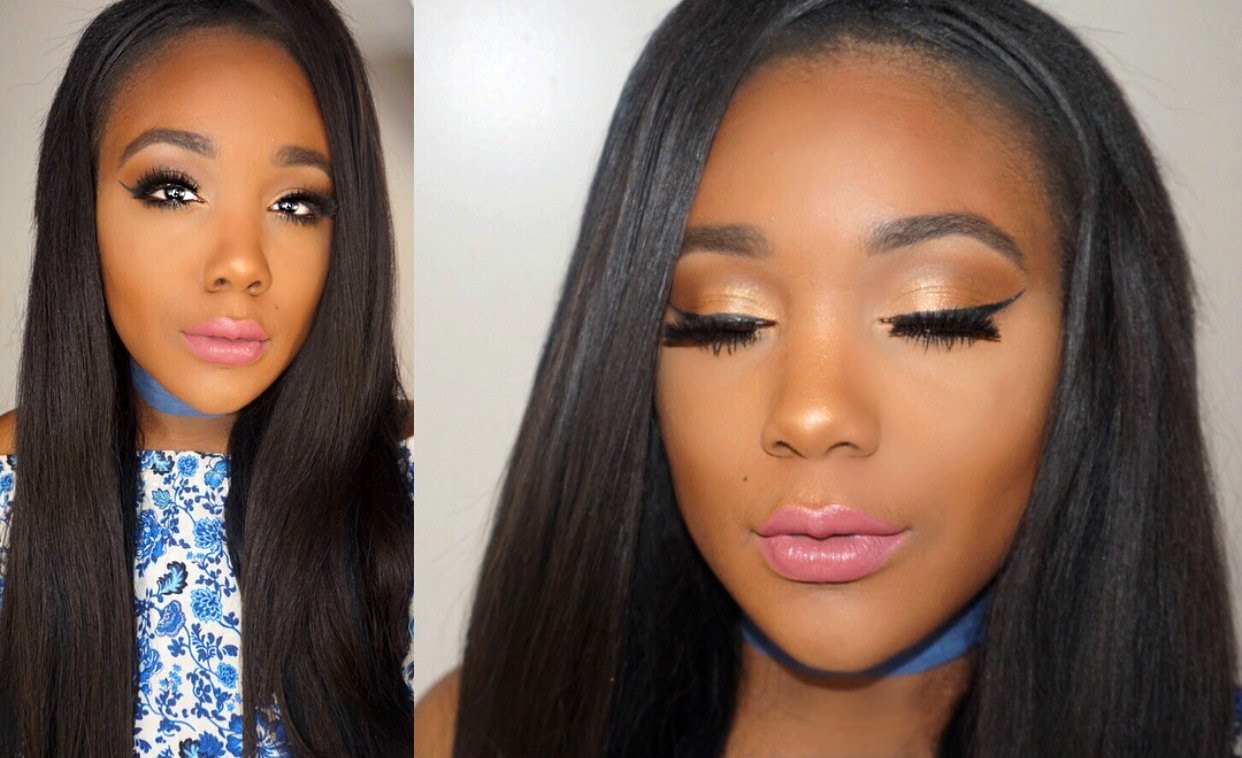
Slathering on mascara, cover-up, or blush doesn’t just increase how pleased a woman can feel about her appearance. Wearing makeup can significantly alter others’ perceptions of a woman’s personality. However, what people infer from a made-up appearance varies depending on the observer’s gender.
A new study published in the journal Perception finds that men perceive women who wear makeup to be more prestigious, while women perceive other women who wear makeup to be more dominant—and also more promiscuous.
These conclusions come from a team of researchers led by Viktoria R. Mileva of Scotland’s University of Stirling. Mileva et al. conducted two experiments in which they applied a standardized amount of cosmetics to female faces using computer software. They then asked a handful of male and female participants to rate these female faces for levels of attractiveness, prestige, and dominance.

For the most part, male and female participants agreed on the aesthetic appeal of the makeup-wearing women. But the genders differed in their judgments of prestige and dominance. “Only women rated faces with cosmetics as higher in dominance,” Mileva et al. reported. “While only men rated them as higher in prestige.”
The researchers conducted a second experiment to investigate “whether these enhanced perceptions of dominance from women were caused by jealousy.” Not surprisingly, their results showed that “women experience more jealousy toward women with cosmetics.” What’s more, Mileva et al. found that women interpret another woman’s made-up visage as a sign that she’s “more attractive to men and more promiscuous.”
Beauty may be in the eye of the beholder, but according to Mileva et al.’s novel findings, so are the roots of the assumptions that we make about a woman’s character—accurate or not.

In a press release, Mileva pointed out that her findings are particularly applicable to the realm of employment. In job interviews, the dynamics of wearing more or less makeup can work for or against a woman under consideration for a position.
A woman interviewing with a mostly female staff for a subordinate position, then, may wish to tone down the eye shadow. But if one is angling for a promotion or trying to prove muster, maybe a powerful deep purple lip shade or an extra layer of eyeliner will provide a leg up (especially if the hiring manager or boss is a straight male, though most women have likely already learned this).
Of course, there’s much more to a woman’s personality (and appeal) than appearance. And it’s a bummer that how women look still holds so much sway over the levels of competency, dominance, desirability, and even promiscuity that others attribute to us.

Certainly if we want to stay in the job market for the long haul, actual skill, intelligence, and experience (as I hope most employers know by now) are far more important qualities to spend time cultivating than, say, the most flawless brow or the most flattering lip gloss.
But so long as looks continue to impact how we come off to others, it’s safe to say there’s no shame in using a little bit of rouge to one’s advantage. Just remember that, as this study makes clear, there’s equal wisdom in knowing when to remove it—or at least lay it on lighter.

Ladies who use makeup often share it among friends, unknowingly spreading harmful bacteria. This practice can lead to eye infections, cold sores, common sicknesses, staph infections, and even herpes.
They usually have little idea about how their friends are actually using their own makeup. As one of the mildest side effects, sharing makeup can worsen acne due to bacteria, already a problem for thousands of teens.
At the same time, makeup itself can breed bacteria over time, causing damage even without makeup-sharing. Makeup provides a fertile breeding ground for bacteria, especially liquids like foundation, mascara, and lip gloss.

The users then add their own bacteria from their hands and faces, and the makeup turns into a dangerous culprit for sickness or acne.